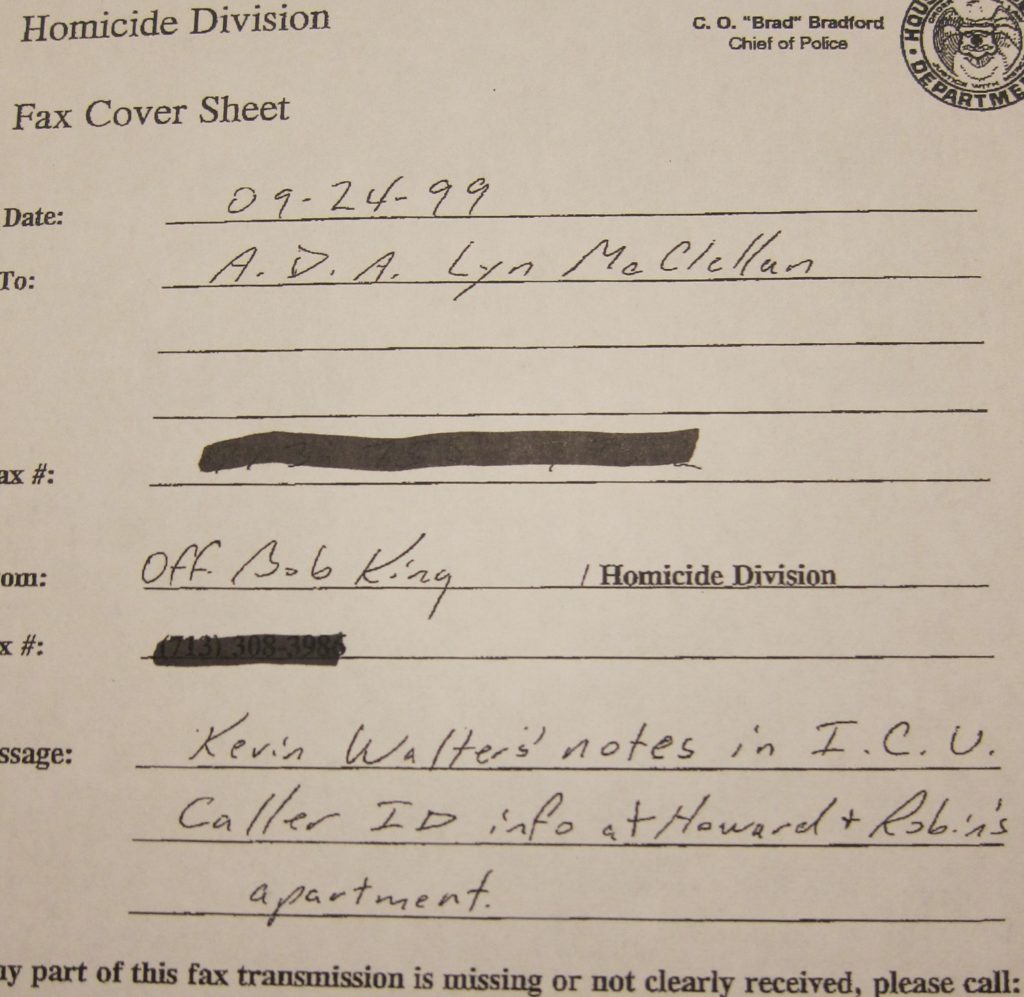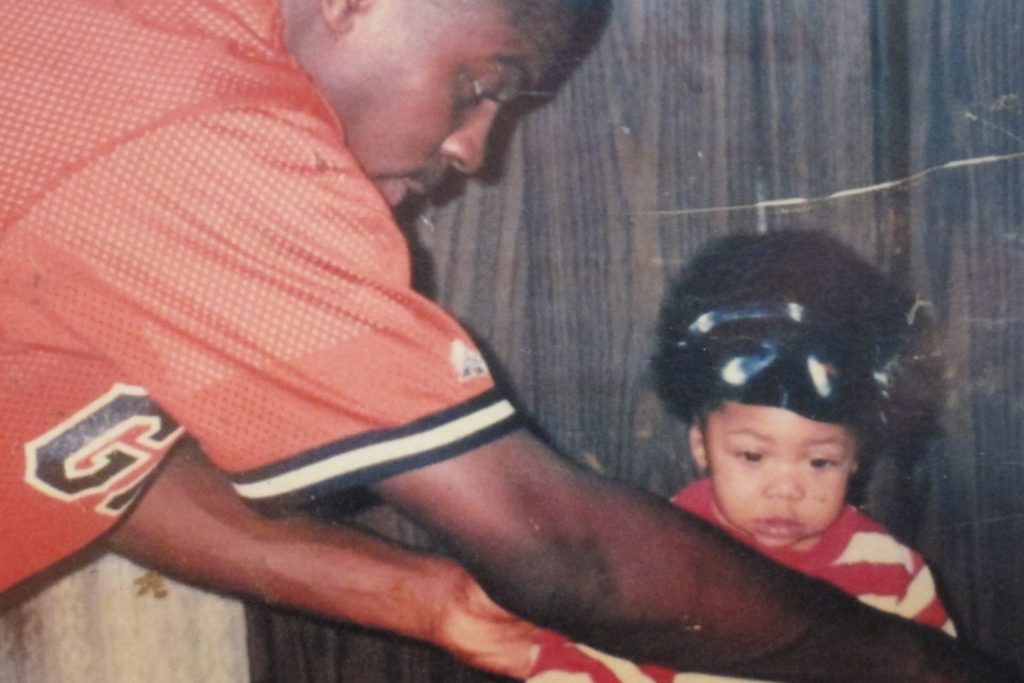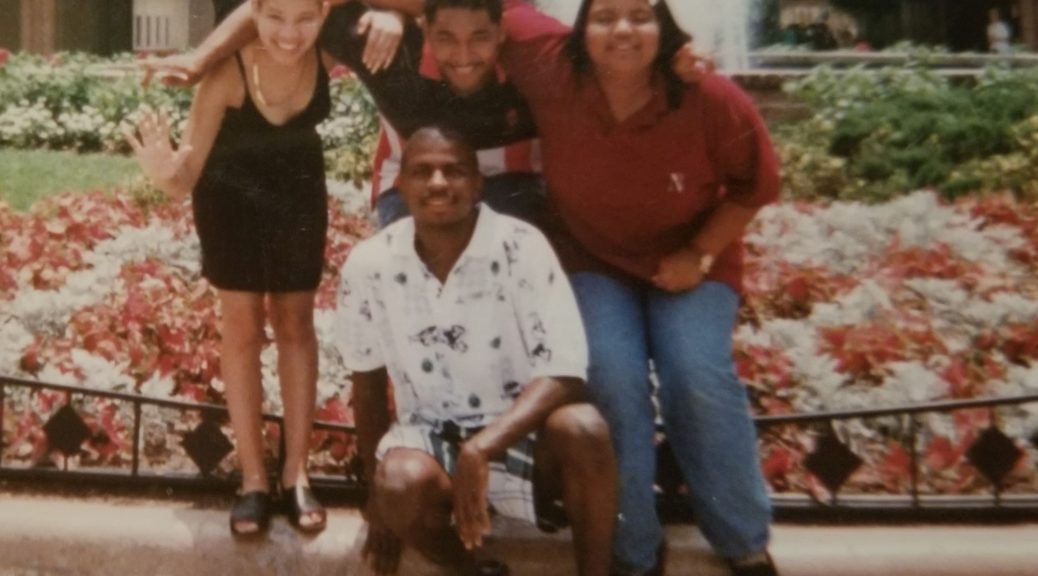“The primary duty of a lawyer engaged in public prosecution is not to convict, but to see that justice is done. The suppression of facts or the secreting of witnesses capable of establishing the innocence of the accused is highly reprehensible.” – Canons of Professional Ethics of the American Bar Association
Harris County sent Charles Mamou to death row in 1999 in a case with no eye-witnesses or physical identifying evidence at the scene, a case built on the testimony of a witness who said Charles Mamou confessed to him. Other than that statement, which was recorded and contradicts facts and the witness’ own testimony, questions remain.
Why was Mamou never told a rape kit had been collected? Why was Mamou never given phone records revealing activities of other possible suspects that night? Why wasn’t Mamou told one of those phone calls was from a ‘cell phone’ and could have possibly been traced? Why is a key witness’ original statement not in the file? Why was there no documentation of another ‘possible suspect’s’ interviews in the file? Why was biological evidence in the case signed out of HPD’s Property Room last year, twenty years later?
Possibly the biggest question of all – was the case against Charles Mamou built to prosecute, rather than see justice done? There wasn’t ‘one’ issue, but many, and information Mamou could have used to defend himself wasn’t shared with him.
HPD Case File 157191298, Supplement 11, “D.A.’s Office is requesting that the rape kit obtained by the Harris County Morgue at time of the autopsy be processed through our crime lab.” No one told Mamou a rape kit had been collected. For two decades – he never knew. Mamou is out of appeals and waiting an execution date, and still, he has never had this information shared with him by Harris County. He has this information now because advocates who believe in his innocence located it.
The HPD case file went on to say, “Forward the findings of the rape kit examination to D.A. Investigator Al Rodriquez.” That was in 1999. In 2019 when I asked an HPD employee where the rape kit results were, I was told “they are irrelevant.”
During the trial the prosecutor assured the jury Mamou had sexually assaulted the victim. It was not mentioned that ‘no semen’ was found in the rape kit which included oral swabs. It was not mentioned in the autopsy report. It was not mentioned in the medical examiner’s testimony. There was not a word said to indicate a rape kit had been collected.
While asking the jury to sentence Mamou to death, the prosecution stated, “And he takes her to Lynchester. He marches her to the back, and he makes her commit oral sodomy, makes her suck his penis. Imagine that, ladies and gentleman.” Volume 24, Page 38
Mamou wasn’t charged with sexual assault, but the prosecution learned something when they received the results of the rape kit. Through the rape kit, ‘trace evidence’ was collected from the victim, including ‘hairs’ collected from her shirt and fingernail scrapings. This information, as well, was not shared with Mamou and was just discovered last year by advocates.
Regarding the night of the crime, Mamou has admitted to his role in the drug deal and the subsequent shooting – and even to fleeing in a car that held Mary Carmouche. He says he drove back to the location where he was staying and all the other parties involved in the drug deal were located there. That is the last place he says he saw Mary Carmouche. The things he describes seeing in the apartment complex parking lot have been supported by evidence as well as statements the jury never saw. The prosecutor claimed Mamou left the drug deal and drove Carmouche to a suburban neighborhood where he sexually assaulted and murdered her.
The Houston Police Department had in their possession something that would have helped Mamou support the events as he described them, but Mamou never saw this information. A fax cover sheet indicates HPD sent this information to Lyn McClellen, the prosecutor, while the trial was underway. HPD had their own handwritten phone records from the apartment Mamou said he drove to. All of the people he said were out and about that night – had been communicating with that apartment up until 3:43 a.m. that Sunday night. The phone records indicated they were not sleeping as they testified.

When the prosecution’s witness, the resident of the apartment, testified in court that he went to sleep at 11:00 or 12:00 and his phone stopped ringing – the prosecution didn’t stop the proceedings or ask to speak to their witness on the side or get clarification. The defense specifically asked –
Q. And at what time do you go to bed?
A. I went right after that, I guess about 11:00 or 12:00.
Q. I’m sorry?
A. About 11:00 or 12:00, something like that.
Q. So are you awoken by telephone calls even after you go to bed?
A. No, sir, no more phone calls. After awhile it wasn’t no more phone calls.
(Volume 19 of the Reporter’s Record at page 149)
Q. Is that because you pulled a plug out of the phone or –
A. No, it just stopped ringing.
(Volume 19 of the Reporter’s Record at page 150)
Lyn Mclellan said nothing. At no time did he mention phone records. The phone was ringing at 11:19 p.m., 11:25 p.m., 11:46 p.m., 11:48 p.m., 12:14 a.m. 12:19 a.m., 1:54 a.m., 2:37 a.m., 3:12 a.m., and 3:43 a.m. That doesn’t include a known outgoing call for a Yellow Cab at 3:59 a.m.
The ‘driver’ related to the drug deal was also one of the prosecution’s witnesses. He, also, testified he was sleeping that night. According to Samuel Johnson, he went straight home after the shooting at 12:00 midnight:
Q. You go directly home?
A. Yeah.
Q. You tell your wife what happened?
A. No, she was asleep at the time.
Q. Pretty exciting events in your life, isn’t it?
A. Very exciting.
Q. You just get in bed and go to sleep?
A. No, I took a shower.
Q. Took a shower, and then got in bed and went to sleep?
A. No, opened me a can of soda and went to bed.
Q. Talk to anybody that night?
A. No.
Q. Talk to Robin or Howard Scott at any point after that?
A. No.
(Volume 19 of the Reporter’s Record at page 149)
Once again, the prosecution did not stop the trial or in any way indicate their witness was being deceptive.
“It is unprofessional and dishonorable to deal other than candidly with the facts in taking the statements of witnesses, in drawing affidavits and other documents, and in the presentation of causes.” –Canons of Professional Ethics of the American Bar Association
“No person shall…be deprived of life, liberty, or property, without due process of law,” – Fifth Amendment to the United States Constitution.
Charles Mamou is out of appeals and awaiting a date for his execution after spending over two decades of his life on Death Row in Texas.

All posts and details of this case, including phone records that were not shared with the defense, a letter from the ‘key witness’ stating he didn’t know anything, and how Mamou was even accused of an unsolved murder during his trial can be found here. Anyone with information regarding this case can contact me at kimberleycarter@verizon.net. There is also a facebook page dedicated to sharing the truth.
TO CONTACT CHARLES MAMOU:
Charles Mamou #999333
Polunsky Unit 12-CD-53
3872 South FM 350
Livingston, TX 77351
Mamou can also be contacted through JPay via email, but please include your mailing address if you contact him this way, as he can only respond through the mail.
![]()
